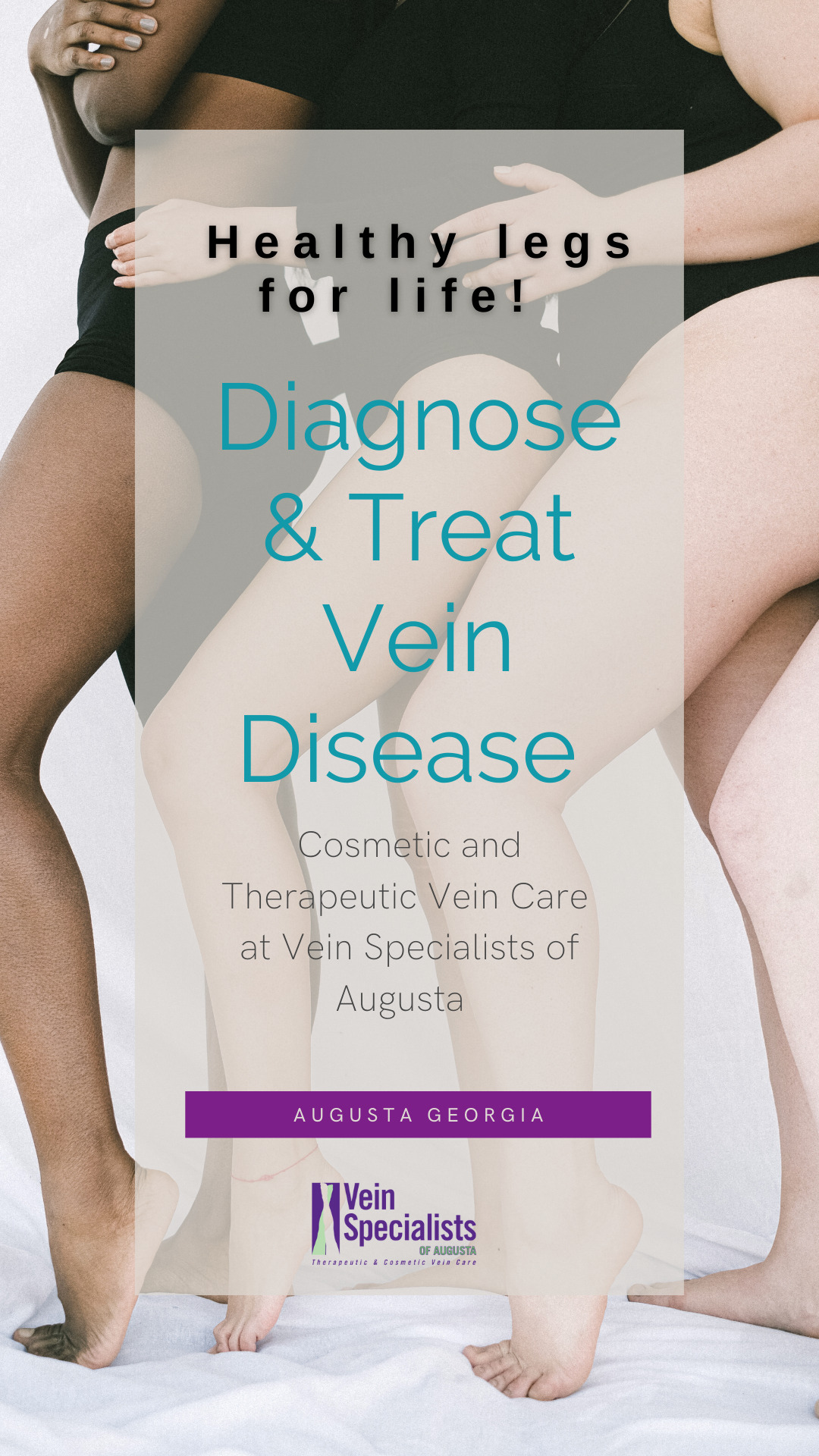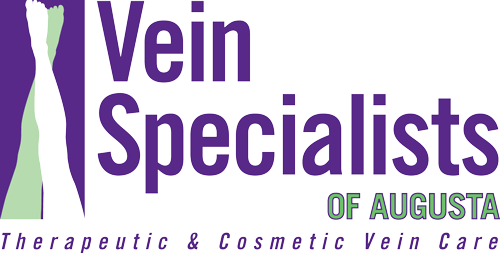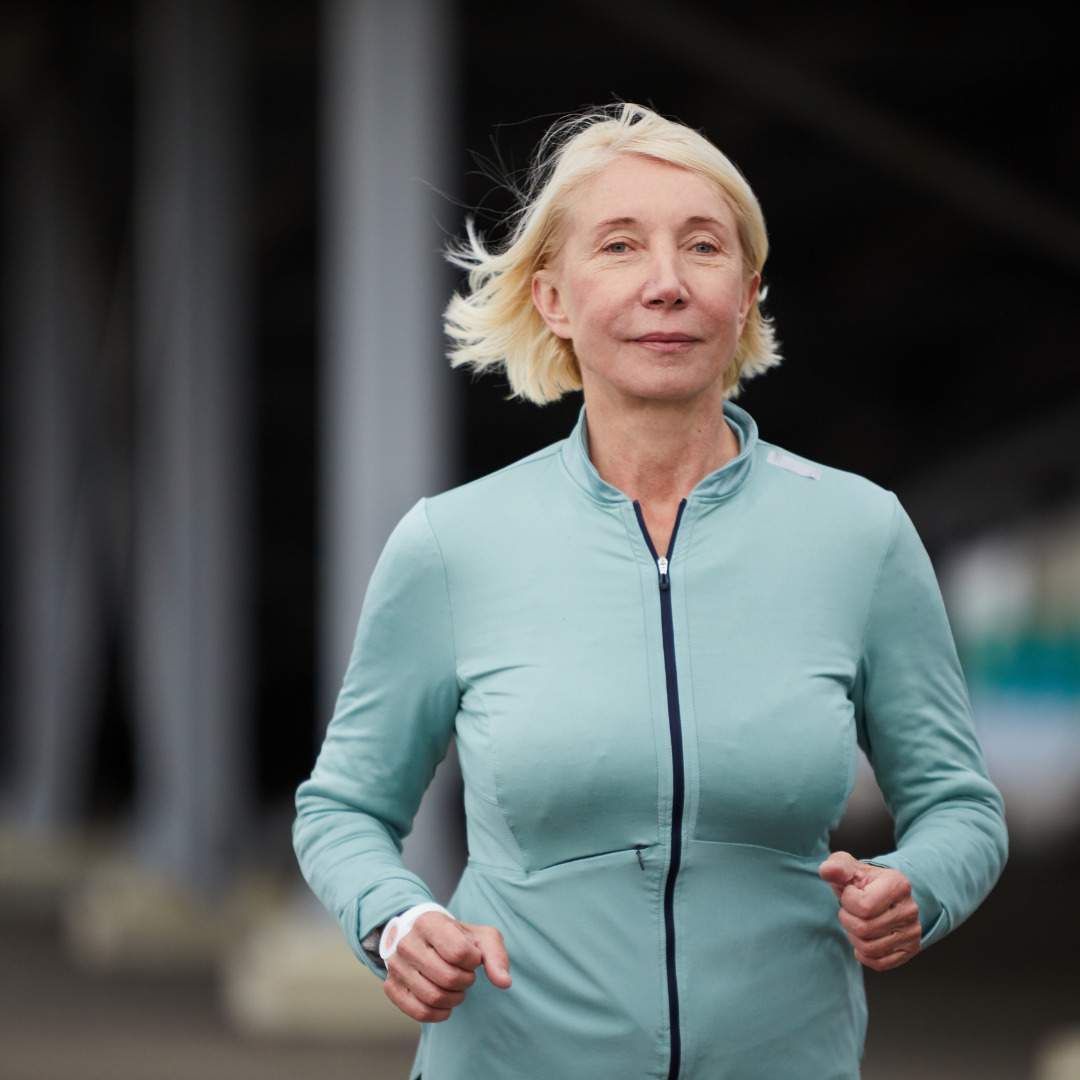Blood clots can form in any vein, but they may be more likely to form in inflamed or damaged veins. Both varicose veins and spider veins can increase your risk of developing blood clots.
Varicose Veins and Blood Clots
Varicose veins are abnormally swollen, twisted veins that often look blue through the skin. They usually occur in the legs and result from repeated pressure on the veins by your circulating blood, which causes valves within the vein to fail.
A varicose vein cannot circulate blood properly and can lead to various health problems. One such problem is superficial thrombophlebitis, in which the vein becomes inflamed and a blood clot forms. Because varicose veins are already damaged, they are more vulnerable to superficial thrombophlebitis. Even a slight injury can cause a varicose vein to develop superficial thrombophlebitis.
What to Do If You Think You Have a Blood Clot
Because blood clots can lead to serious health problems, it is essential to meet with a vein specialist to treat and prevent issues associated with varicose veins. Since varicose veins increase your health risks, getting varicose vein treatment can save you from many health problems.
If you believe you may have superficial thrombophlebitis, take steps to address it by meeting with a vein specialist as soon as possible. Fortunately, vein specialists can usually identify superficial thrombophlebitis by observation alone, as the affected area will usually be red, warm, and tender. They will then be able to recommend treatment to resolve the issue.

Varicose Veins and Deep Vein Thrombosis
Unfortunately, science has also indicated that having varicose veins is associated with a significantly increased risk of deep vein thrombosis (DVT). A blood clot in the deeper veins can be more challenging to diagnose. DVT can go undiscovered until it has caused severe health complications, so it is imperative to watch for warning signs if diagnosed with varicose veins. If you have varicose veins, keep an eye out for these symptoms of DVT:
- Tenderness in the legs
- Swelling in the legs
- Pain in the legs
- Sudden fatigue or heaviness in the leg
- Hot, red, or discolored skin on the leg
If you have these symptoms, you can protect yourself by discussing them with your vein specialist to determine a health plan.
If you have varicose veins or other chronic vein problems, contact Vein Specialists of Augusta. Our vein experts will evaluate your condition and determine the best treatment plan for your varicose veins. Call (706) 854-8340 or contact us online to book an appointment with Dr. Sherman today.

